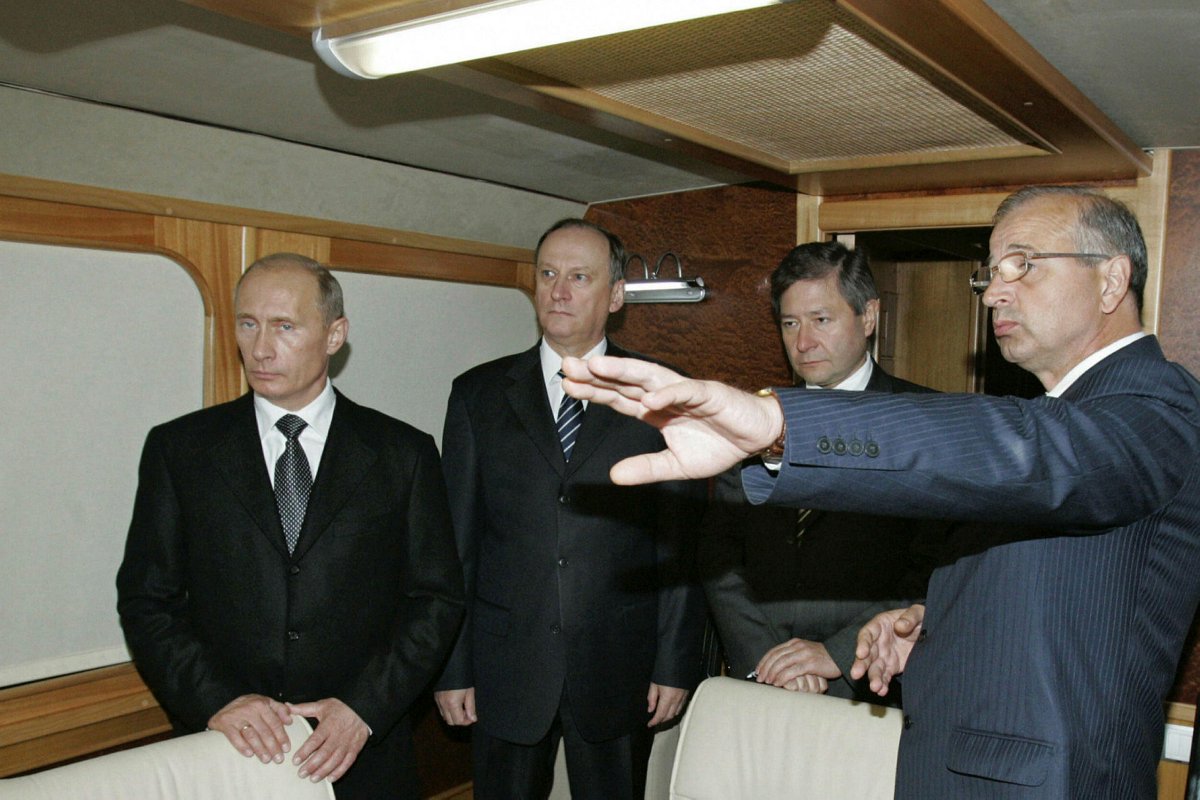*** NEW INVESTIGATION: SILENT WITNESSES *** ft.com/content/7dc13e…
This white Audi pulled out of a Johannesburg car park one evening in 2016. Inside was André Bekker, a convivial geologist. Minutes later he would be dead. (1/11)
This white Audi pulled out of a Johannesburg car park one evening in 2016. Inside was André Bekker, a convivial geologist. Minutes later he would be dead. (1/11)
Bekker’s body was found on the back seat of the burned out Audi. A private investigator got nowhere for a while. Then he heard that Bekker had been going around raising doubts about a mining deal involving a multi-billion-dollar London-listed corporation called ENRC. (2/11) 

Bekker was not the first person from this perilous world to die in suspicious circumstances. The previous year, in May 2015, James Bethel (left in this picture) and Gerrit Strydom were found dead at a motel in Springfield, Missouri. (3/11) 
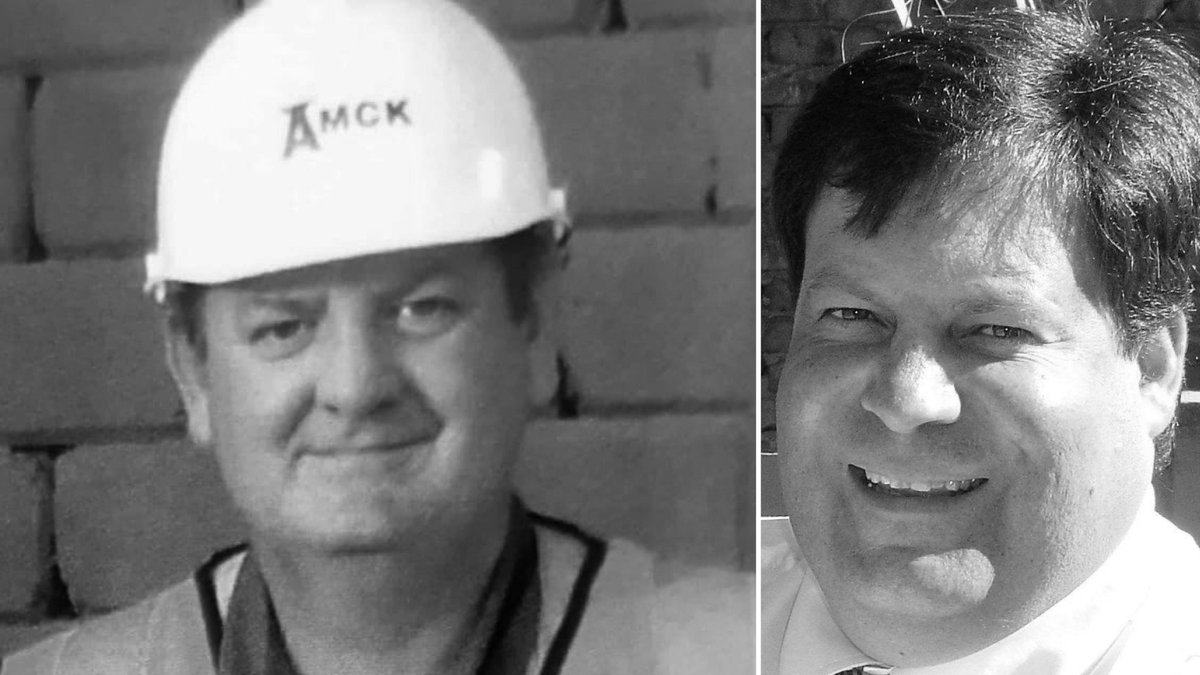
Bethel and Strydom had held senior positions in the Africa unit of ENRC. That unit is at the centre of a high-stakes corruption case – and they were potential witnesses. (4/11) 
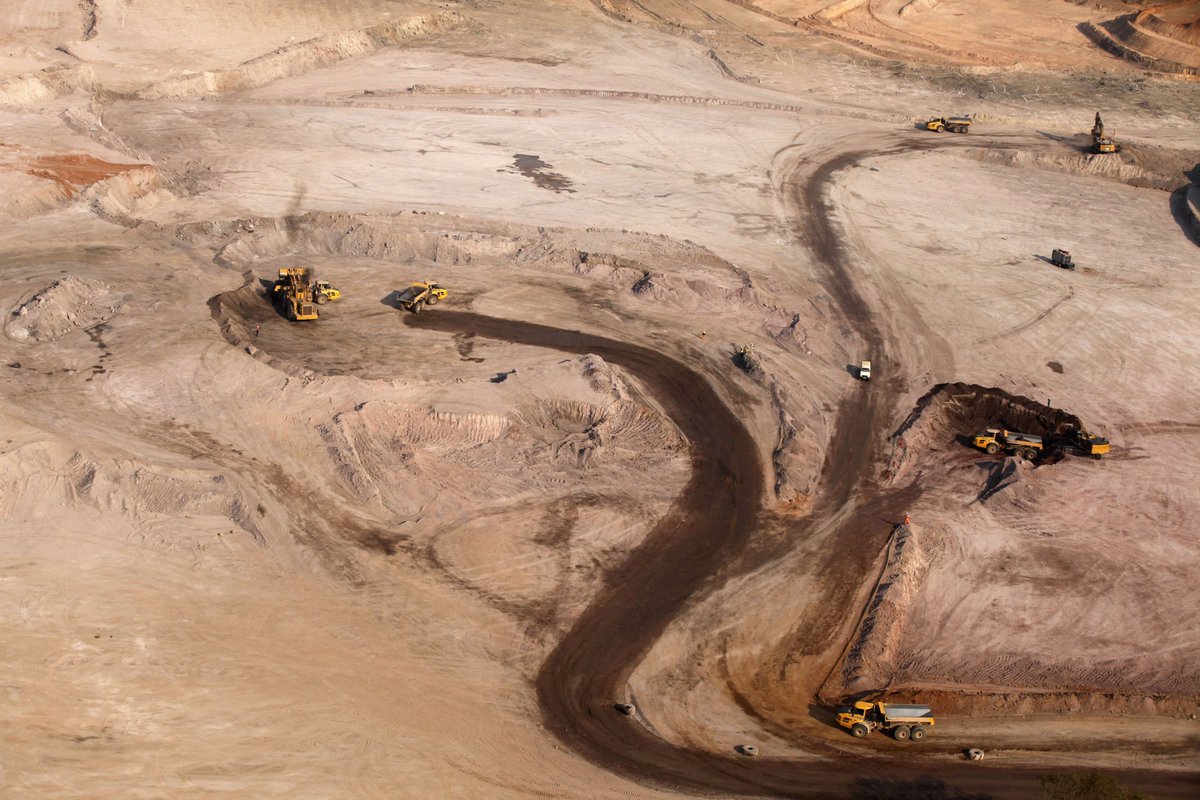
The local authorities in Springfield announced the pair had died of malaria. Five years on, medical records I’ve obtained cast serious doubt on that claim. Leaving the question: if malaria did not kill them, what did? (5/11) 
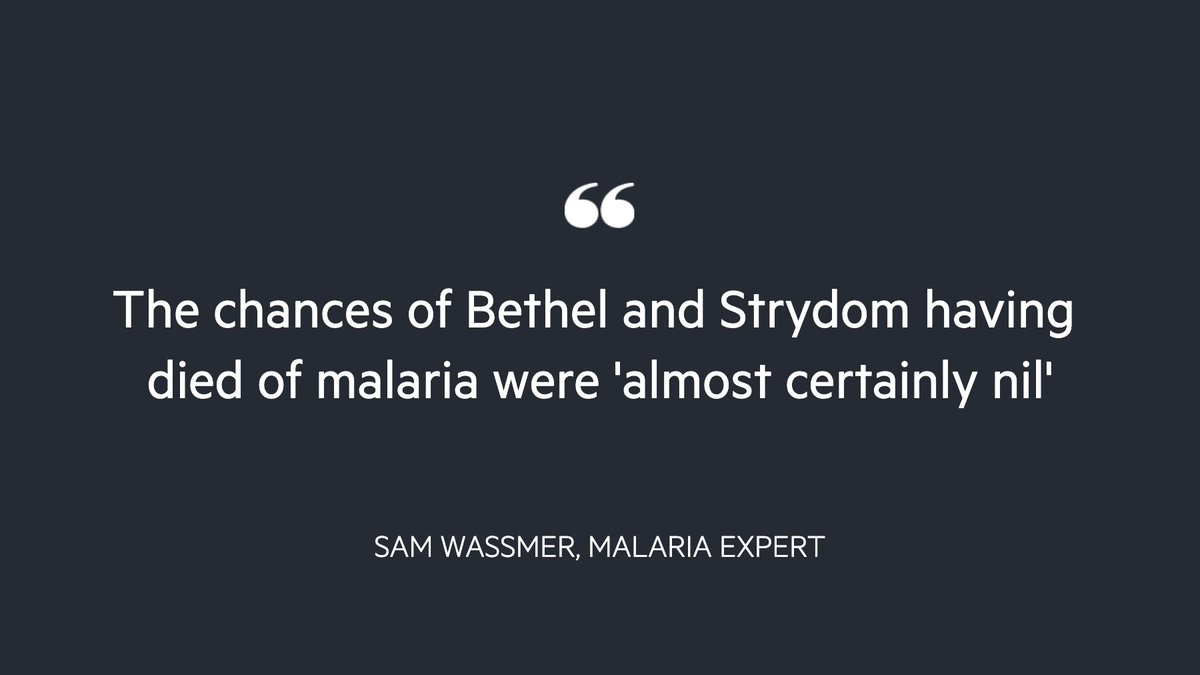
In London, the Serious Fraud Office team running the criminal investigation into ENRC’s alleged bribery and fraud in Africa was alarmed by the deaths. (6/11) 
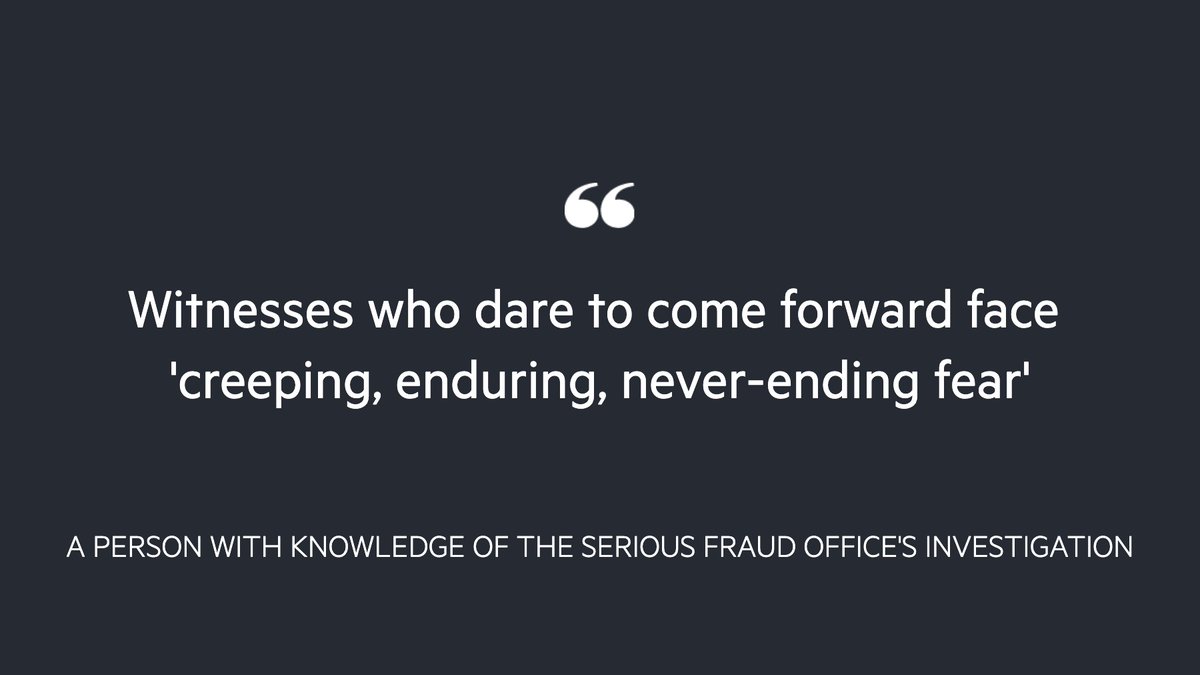
The fear caused among investigators and witnesses by these deaths is magnified by not knowing who or what to be afraid of: those who wish to keep ENRC’s affairs secret, any rivals who might wish to harm the company, or figures from the risky places where it does business. (7/11) 
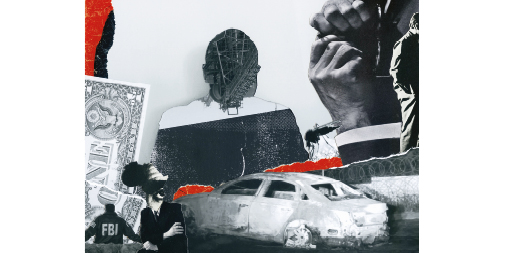
ENRC is owned by three central Asian oligarchs: Alexander Machkevitch, Patokh Chodiev and Alijan Ibragimov, aka the Trio. They vigorously challenge any suggestion that there are grounds to suspect them of wrongdoing in connection with the alleged corruption or the deaths. (8/11) 
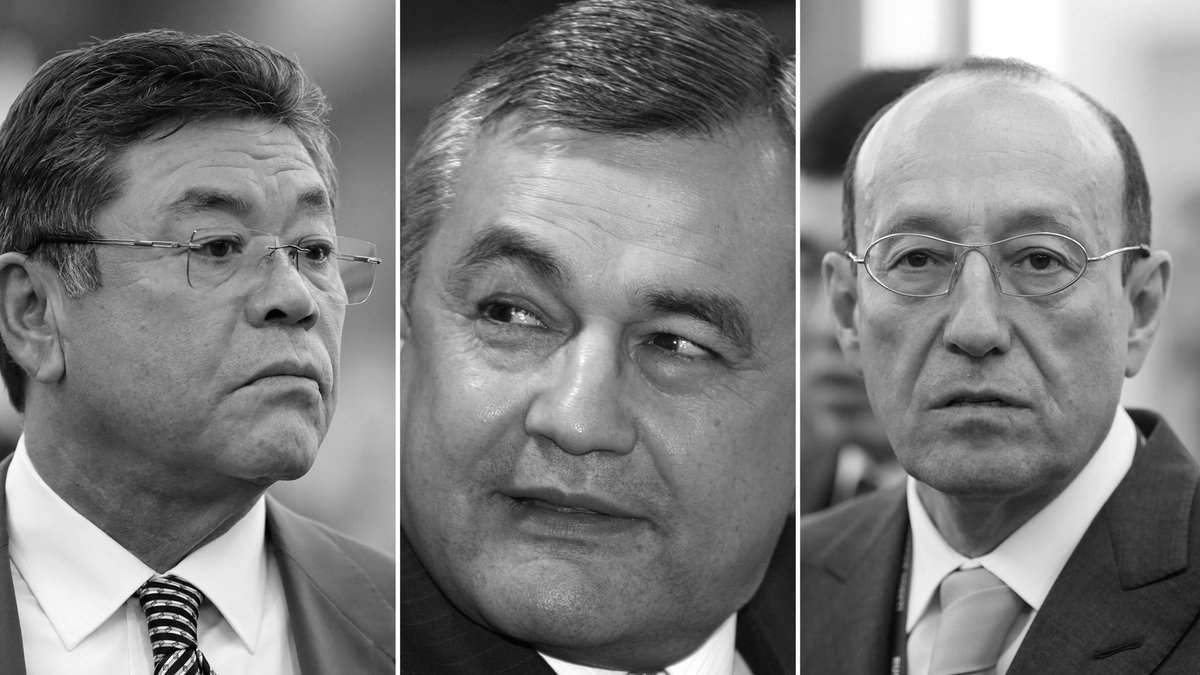
Serious Fraud Office boss Lisa Osofsky now faces a big decision: whether to bring charges, seek a settlement or drop the case. (9/11) 
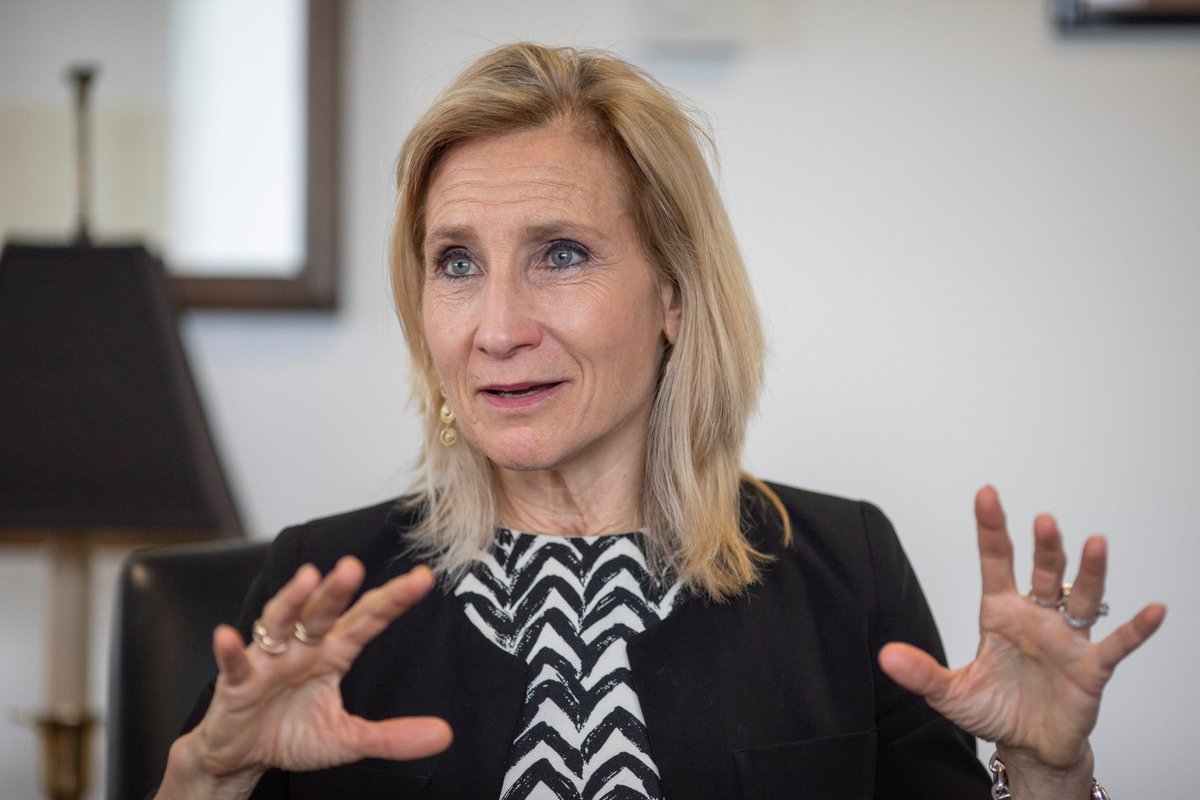
Those who knew James Bethel, Gerrit Strydom and André Bekker know they moved in a dangerous world. They want to discover whether that cost them their lives.
Read the full investigation: ft.com/content/7dc13e… @financialtimes (10/11)
Read the full investigation: ft.com/content/7dc13e… @financialtimes (10/11)
If you want a longer read, see my new book 'KLEPTOPIA: How dirty money is conquering the world' out now from @HarperCollinsUK tomburgis.com/kleptopia (11/11)
• • •
Missing some Tweet in this thread? You can try to
force a refresh



